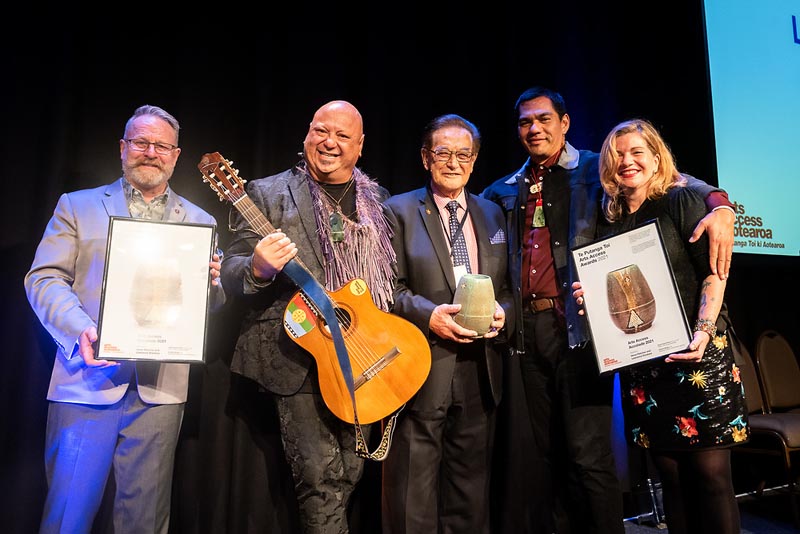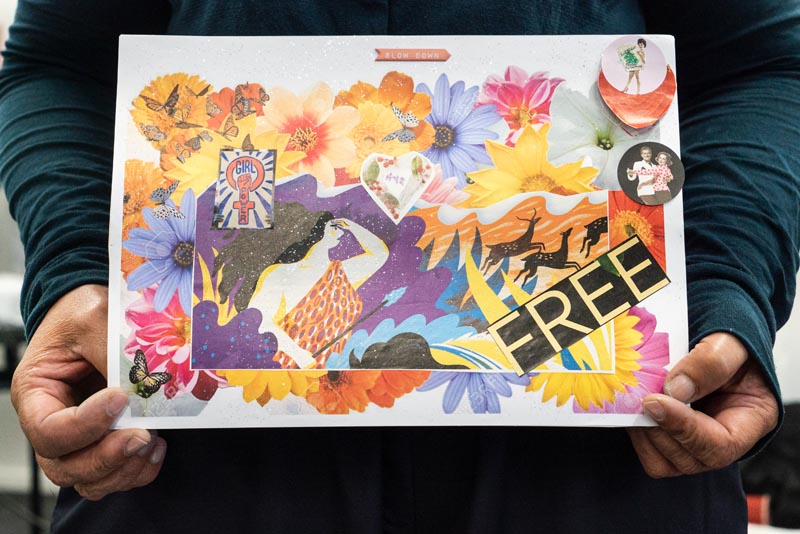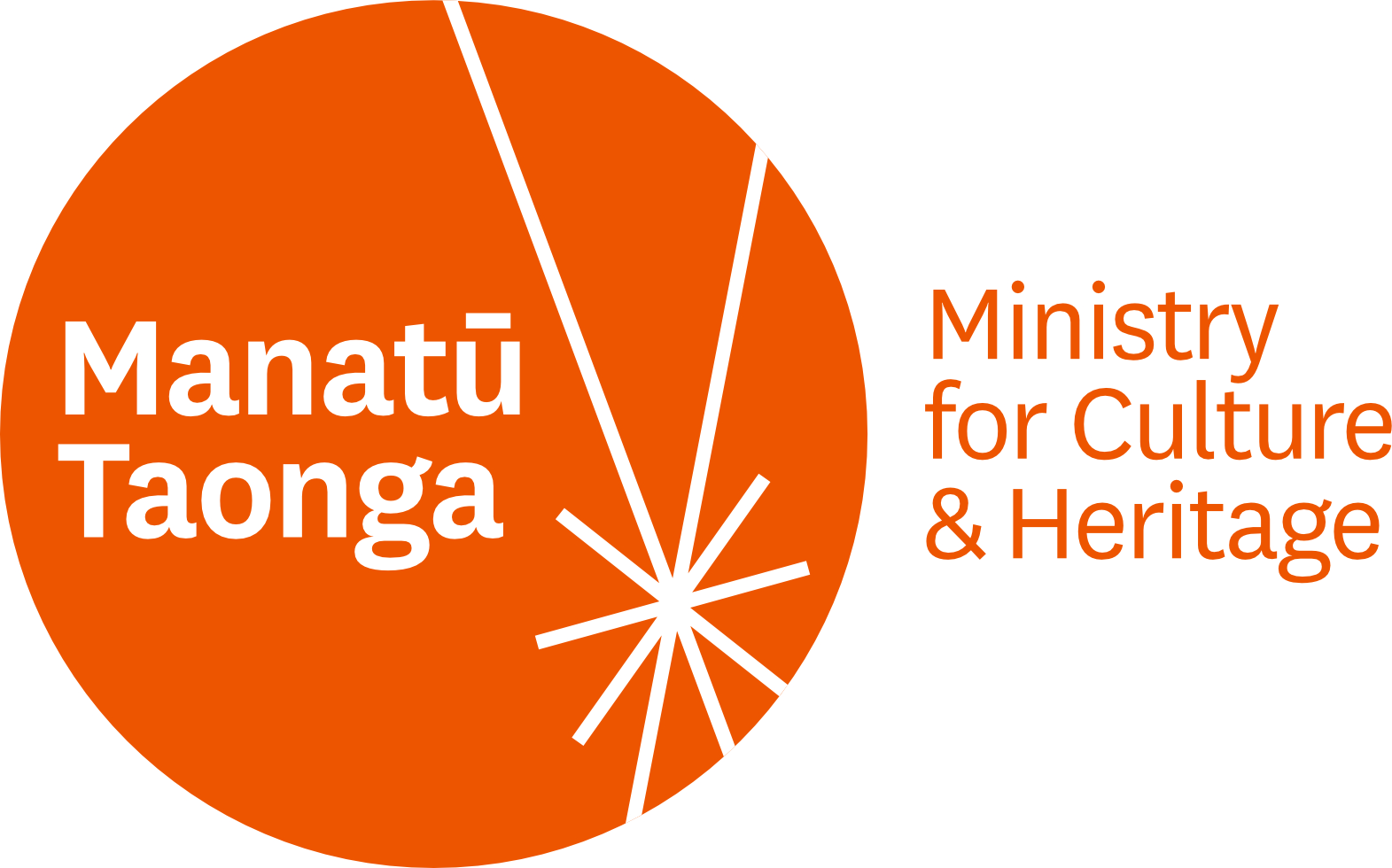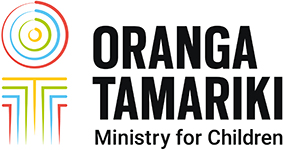Arts Access Aotearoa will be calling for applications in July 2022 to four fellowships, including a fellowship for an artist or writer who has been in the justice system and has undertaken an approved Arts in Corrections programme.
The Arts in Correction fellowship will support an artist or writer to create and/or present new work, and will include a mentor to support and work alongside the recipient.
 This year, Arts Access Aotearoa has pushed the pause button on Te Putanga Toi Arts Access Awards, says Richard Benge, its Executive Director.
This year, Arts Access Aotearoa has pushed the pause button on Te Putanga Toi Arts Access Awards, says Richard Benge, its Executive Director.
“Because of COVID-19 lockdowns and cancellations, we felt it would be unrealistic to call for award nominations based on events and projects from 2021 as so much didn’t happen,” Richard says.
“Instead, we will offer fellowships of up to $10,000 each for successful applicants to create or present new work or projects. This will be the first time Arts Access Aotearoa has offered a fellowship or award to a former prisoner or someone with lived experience of the justice system.”
Celebrating leaders who pave the way for increased access to the arts
Te Putanga Toi Arts Access Awards have been Arts Access Aotearoa’s key advocacy event since 2008. They include two Arts in Corrections awards and celebrate the leaders who pave the way for increased access to the arts for everyone in Aotearoa New Zealand.
 Art and education tutor at Northland Region Corrections Facility Beth Hill, a recipient of several awards over the years, applauds the fellowships.
Art and education tutor at Northland Region Corrections Facility Beth Hill, a recipient of several awards over the years, applauds the fellowships.
“The fellowships are a great opportunity to support some of the amazing individuals and community programmes out there, both financially and professionally,” she says. “I particularly applaud the Arts in Corrections fellowship and there will be many fantastic artists who could apply.
“The money offered will be valuable for the recipient to buy tools and materials, perhaps pay for further education or secure a studio space, and to pay for a mentor to guide them through the process.”
For the past nine years, Beth has been facilitating arts and education programmes at the Northland facility. Her arts programme offers theatre, creative writing, art history, painting, printmaking, sculpture, graphic design and music.
In that time, Beth estimates that more than 500 men will have participated in her arts programmes. The impact of her work was recognised when she received two honours at Te Putanga Toi Arts Access Awards 2018: the Arts Access Corrections Māui Tikitiki a Taranga Award and the Arts Access Accolade. Read “Profound” impact of Beth Hill’s arts programmes
Key barriers to successful reintegration
When these men are released from prison, some reintegrate into the community and don’t return to prison. Others re-offend and return.
 “Some of the key barriers to successful reintegration are housing, money and employment, re-establishing relationships with whānau, regaining trust from the community, and also learning to trust the organisations funded to offer reintegration support,” Beth says.
“Some of the key barriers to successful reintegration are housing, money and employment, re-establishing relationships with whānau, regaining trust from the community, and also learning to trust the organisations funded to offer reintegration support,” Beth says.
“In terms of creativity, it can be difficult to find the time and support to continue the arts activities they practised in prison. Another barrier is access to creative spaces and the costs associated with the craft they have excelled in behind bars.”
Beth says that many prison artists are channelled into labouring or industry jobs on release despite their artistic talents. As with many artists in New Zealand, the arts are often seen as “not a proper job” and a way to earn a living.
“A fellowship could help ensure the recipient was able to continue their creative pathway, connect with existing creative networks, share their skills, and even support other Corrections artists. The prospect is exciting.”
The Department of Corrections says it's interested in working with Arts Access Aotearoa to understand what's required for former prisoner artists to become self-employed or undertake sustained employment in the arts: things like setting up a space, mentoring, promoting their work and taxation.
Few opportunities for prisoners to continue their arts practice after release
Richard Benge says prisoners are given opportunities to undertake art programmes but when they’re released, there are very few opportunities for them to continue their arts practice in a supportive environment.
 However, he points to community-based creative spaces as places where former prisoners and those undertaking Community Corrections sentences can continue art-making in a supportive, learning environment.
However, he points to community-based creative spaces as places where former prisoners and those undertaking Community Corrections sentences can continue art-making in a supportive, learning environment.
Home Ground is a creative space in Wellington for women who have been in prison or are engaged in the justice system. Richard says it’s an “outstanding example” of using the arts and creativity to empower women to create better lives for themselves and for future generations.
Another valuable space is Ruth Carraway’s Happy You...!! Theatre Company in Dunedin, which facilitates weekly workshops for former prisoners or people engaged in the justice system.
Beth Hill thinks Te Putanga Toi Arts Access Awards are “fantastic” and wants them to continue. “I also love the idea of the fellowships continuing after this year. It would be great to find some generous people or organisations to enable that to happen, along with the awards.”
Arts Access Aotearoa will announce the fellowships and criteria in July 2022. Applicants will have one month from that date to apply and submit their proposals. For more info about the fellowships
LATEST POSTS
Arts News Categories
- Accessibility
- Achievements Celebrations
- Active Recreation
- Advocacy Campaigns
- Arts Accessibility
- Arts Culture
- Arts For All
- Arts In Corrections
- Auckland Region
- Business
- Comedy
- Community Arts
- Community Development
- Community Services
- Conferences Workshops Classes
- Covid 19
- Creative Spaces
- Creative Wellbeing
- Dance
- Design Arts
- Digital Culture Arts
- Event Promotion
- Events
- Festivals
- Festivals Arts
- Fundraising
- Management Governance
- Maori
- Maori Art
- Mental Health
- Moving Image
- Music Sound
- Obituaries
- Professional Development
- Stories About People
- Theatre
- Visual Arts
- Wellington Region
- Work Jobs
- Writing Publishing
- Young People




